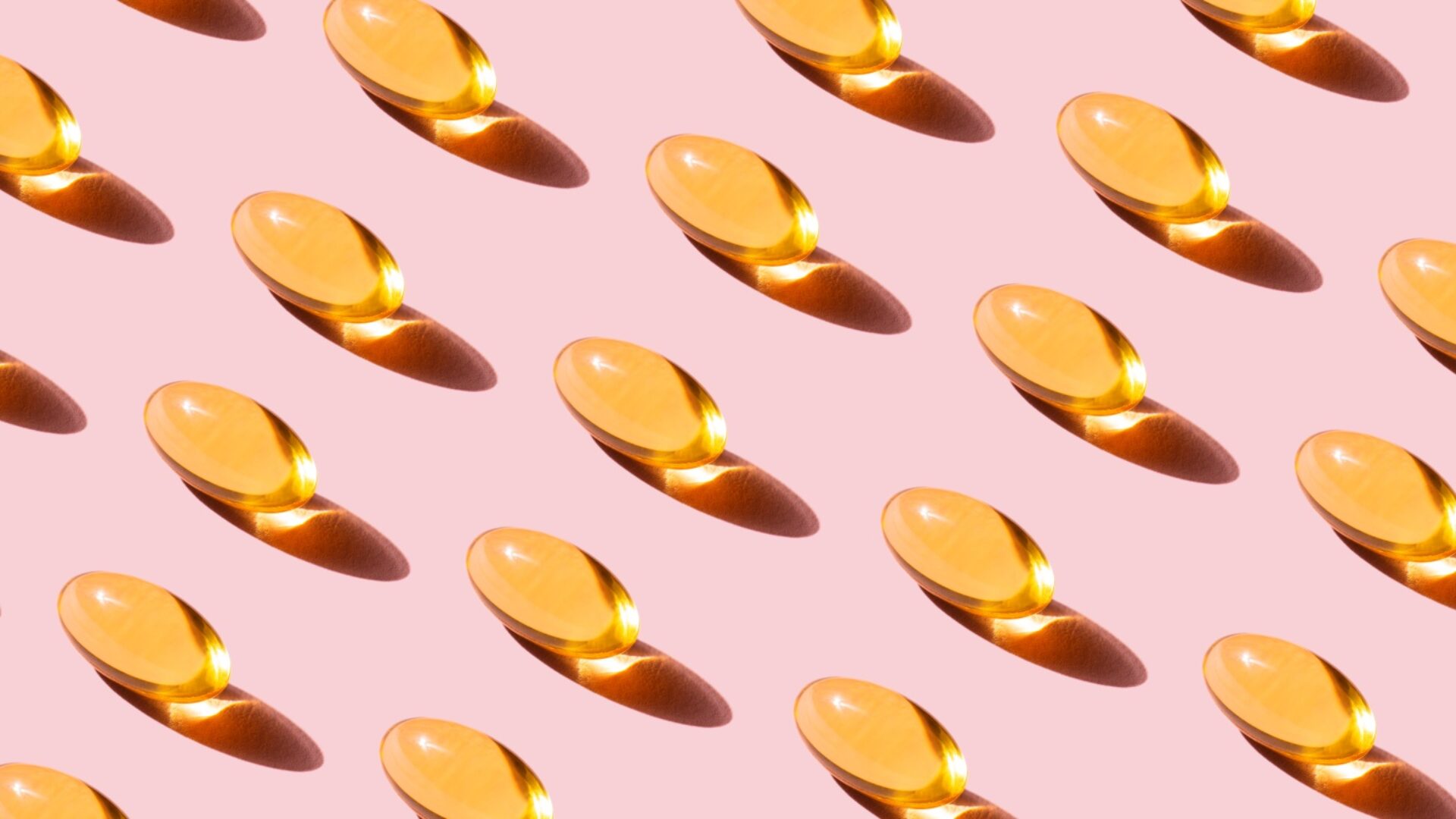
Summer is when aromatic flowers fill the air, and the abundance of UV rays from the sky seeps into our skin, creating vitamin D. Although the blazing sun will soon reach its highest peak of the seasons, Black women are still susceptible to the lowest reported vitamin D3 levels. This vitamin is partially responsible for a boost of happiness but can also cause detrimental opposites.
The melanin that gives our skin an opulent glow absorbs the UV radiation crucial to Vitamin D synthesis. Those with less melanin have an average vitamin D level of 24 nanograms per milliliter because their skin is more receptive to nutrients from the sun.
Black people need one hour of sun exposure to absorb the same amount of vitamin D a white person receives in 24 minutes. While 40% of American adults suffer from vitamin D deficiency, the percentage is almost twice as high for African Americans, reaching 76%.
A combination of hormonal and reproductive factors makes women experience more pronounced symptoms than men, and lifestyle factors common amongst Black women add to the disparity. Unhealthy dietary habits, not enough physical activity, and inadequate outdoor recreation are some contributing lifestyle habits within the community. Vitamin D is known to be vital for physical wellness, but the mental aspect of the conversation often goes unspoken.
The effects of not having enough Vitamin D can show up physically as low bone density or mentally as symptoms of depression. A proper level helps regulate mood, provides energy, and encourages an optimistic mindset.
An unexplainable feeling of hopelessness and fatigue or a sudden disinterest in activities once found enjoyable can be attributed to insufficient vitamin D levels. A deficiency does not always indicate that someone has a depressive disorder, but studies have shown that vitamin D deficiency is a constant among people with clinical depression. Check out ways to combat vitamin D deficiency when the sun is not enough.
Taking More Vitamins
Thanks to the community built by Black Girl Vitamins, over 50,000 women of color no longer have to fight this deficiency battle alone. Nnamdi Ugwu, the Chief Operating Officer, spoke with GU about its efforts in educating and strengthening the demographic. What started as a simple blog to spread awareness has blossomed into a successful supplement business with the needs of Black women at its forefront.
Ugwu told us, “Like the gym, the results take time and effort.” Consumers should allow 2-3 months of daily vitamin intake to notice an improvement in their mental health. To measure the changes ourselves, the company offers a vitamin D test kit with results at our fingertips. Ugwu suggests physical movement and a diet rich in vitamin D are the top two ways to maintain the levels after supplementation.
Physical Workouts
Only 34% of Black women reach the physical activity levels recommended by the US Department of Health and Human Services. A Harvard School of Public Health study discovered how exercising is associated with higher levels of vitamin D. Most exercises took place outdoors, like jogging or playing basketball. Engaging in physical activity is an effective strategy to address the deficiency, as it involves spending extra time under the sun and regulating the muscles that circulate the vitamin.
Exercise is a natural remedy for combatting depression, anxiety, stress, ADHD, and PTSD. Another Harvard study discovered that running for 15 minutes daily lessens depression risks by 26%. Physical movement encourages enhanced mental sharpness, elevated self-worth, regulated sleep patterns, and resilience.
Diet Change
In 2020, the CDC reported that half of the Black people in America have at least one type of cardiovascular disease, and two out of five have high blood pressure. These chronic diseases are linked to vitamin D deficiency and increase the possibility of developing a mental health condition.
Ugwu told GU that our diets should have more vitamin D-rich foods like salmon, eggs, and mushrooms. He also mentioned that non-fried starches and fiber-packed veggies, “namely broccoli and cauliflower,” are essential dietary choices. The nutrients found in these foods are proven to reduce depression and anxiety and keep the gut happy.